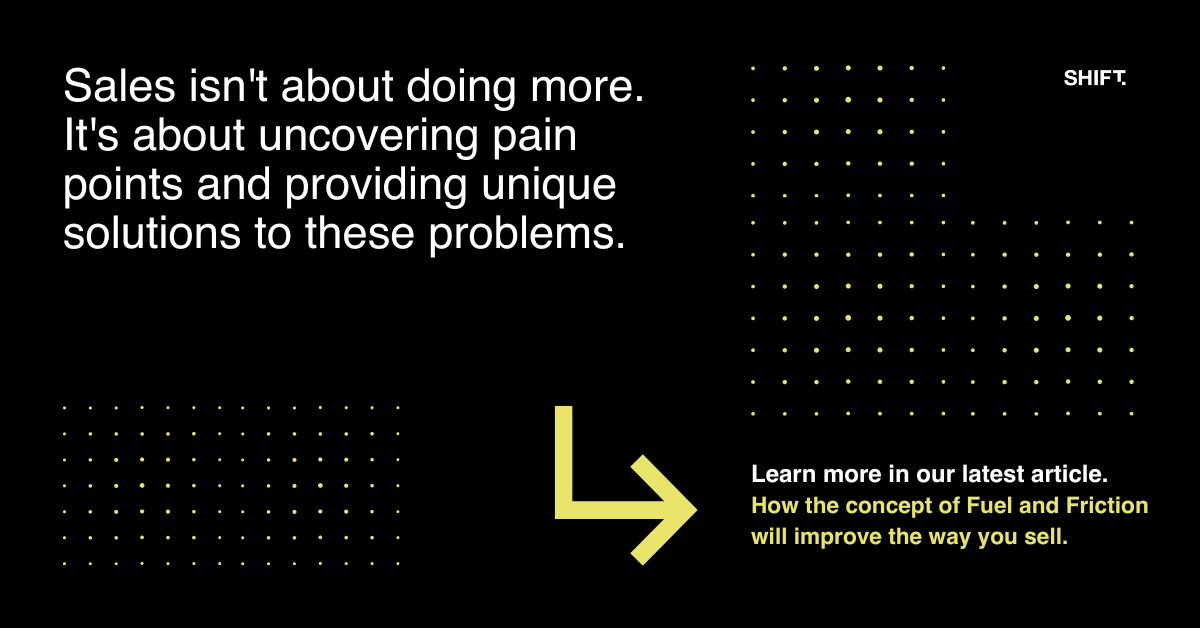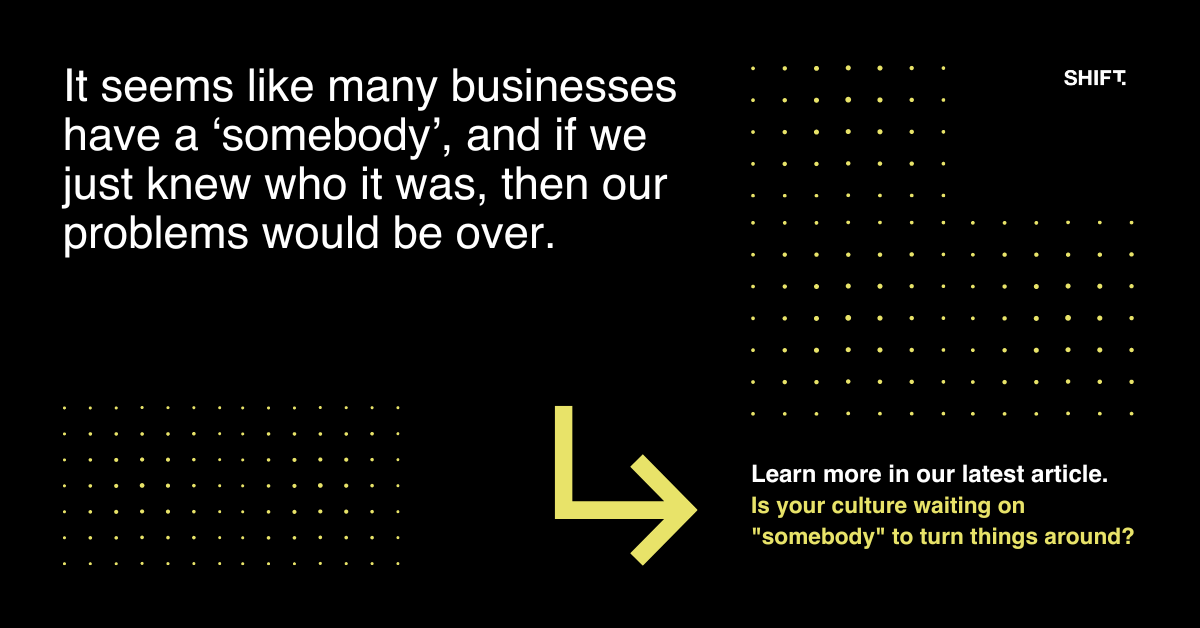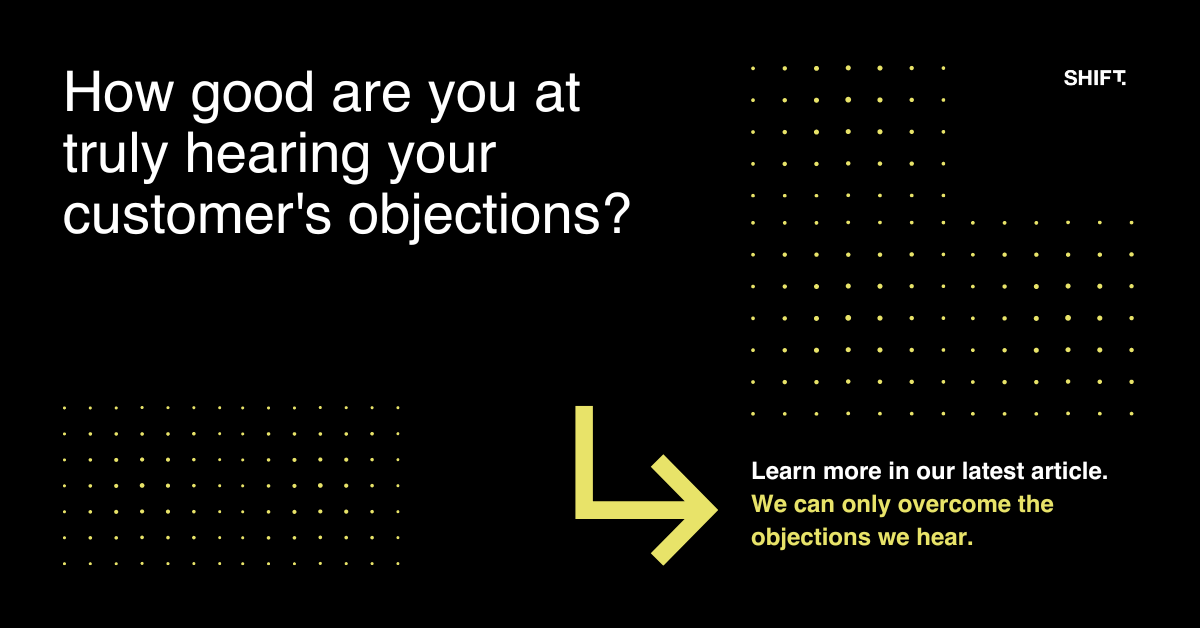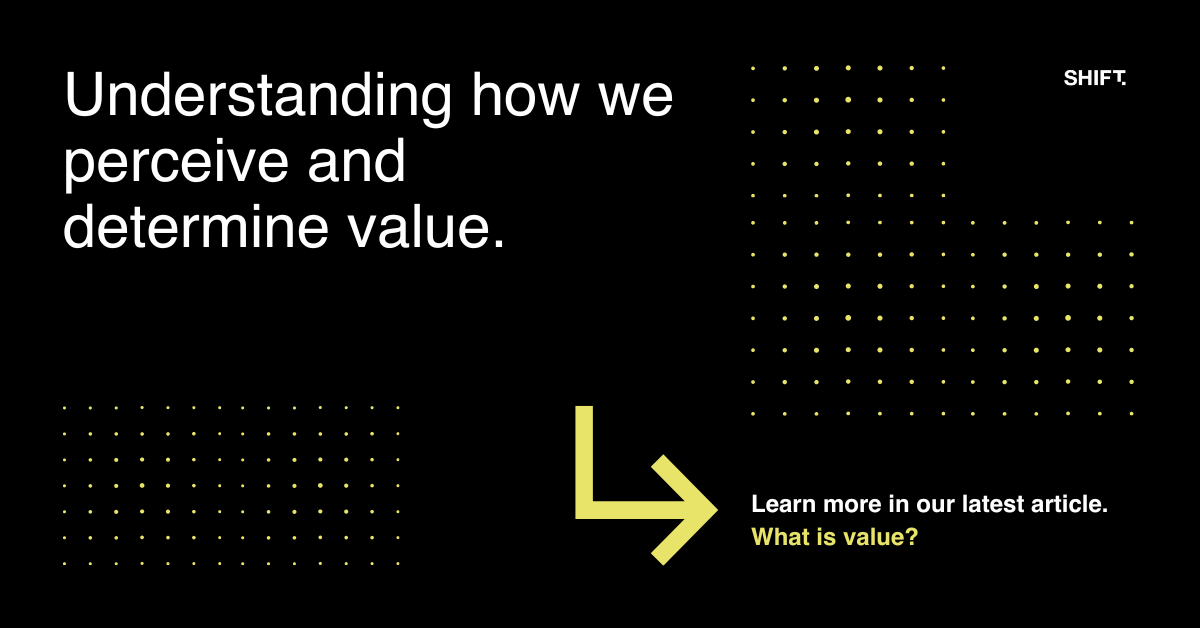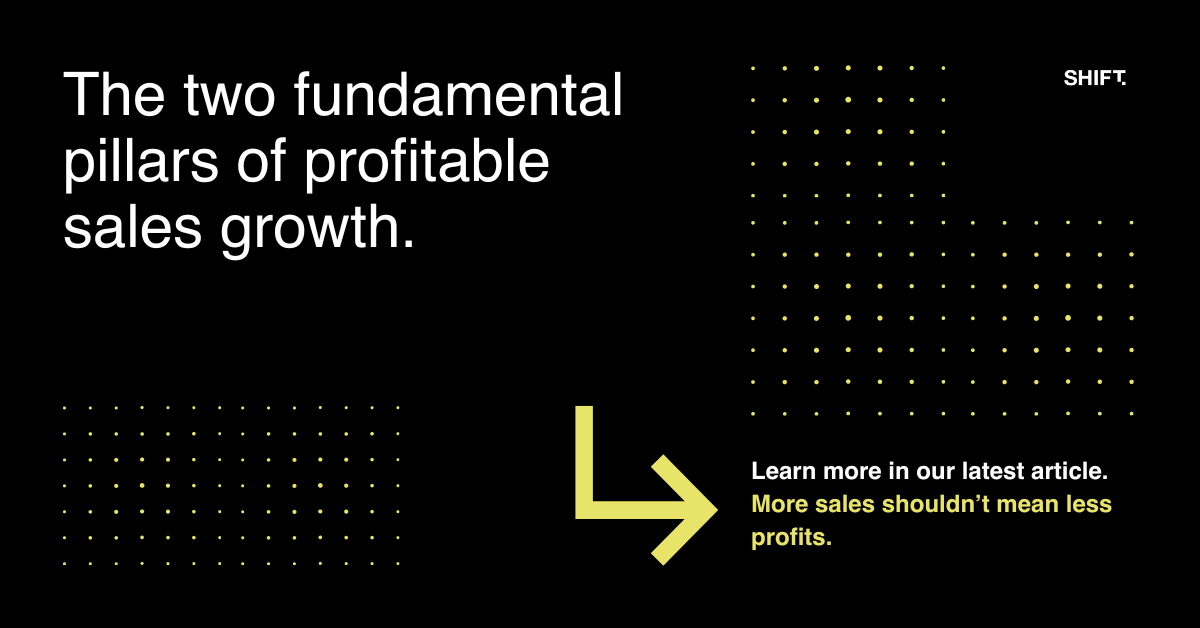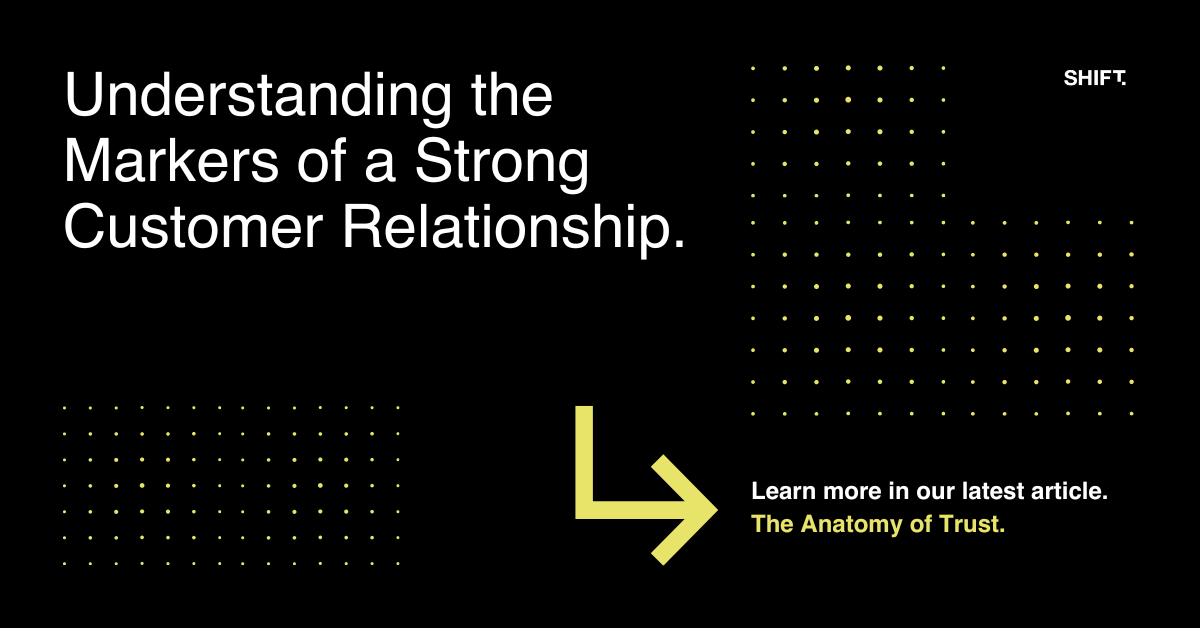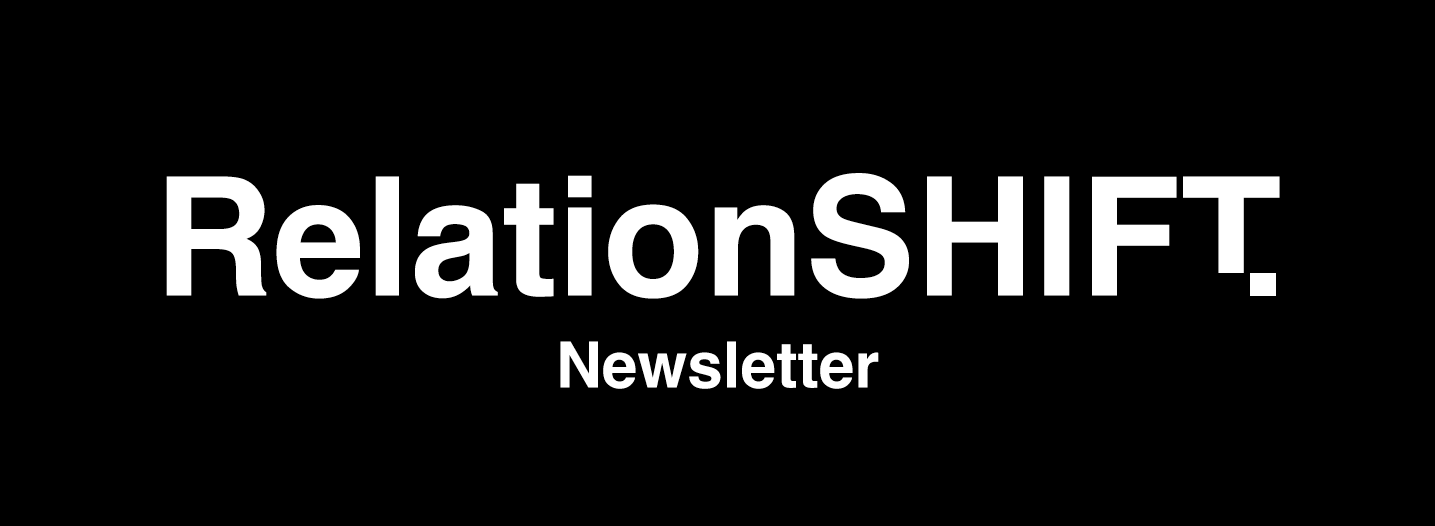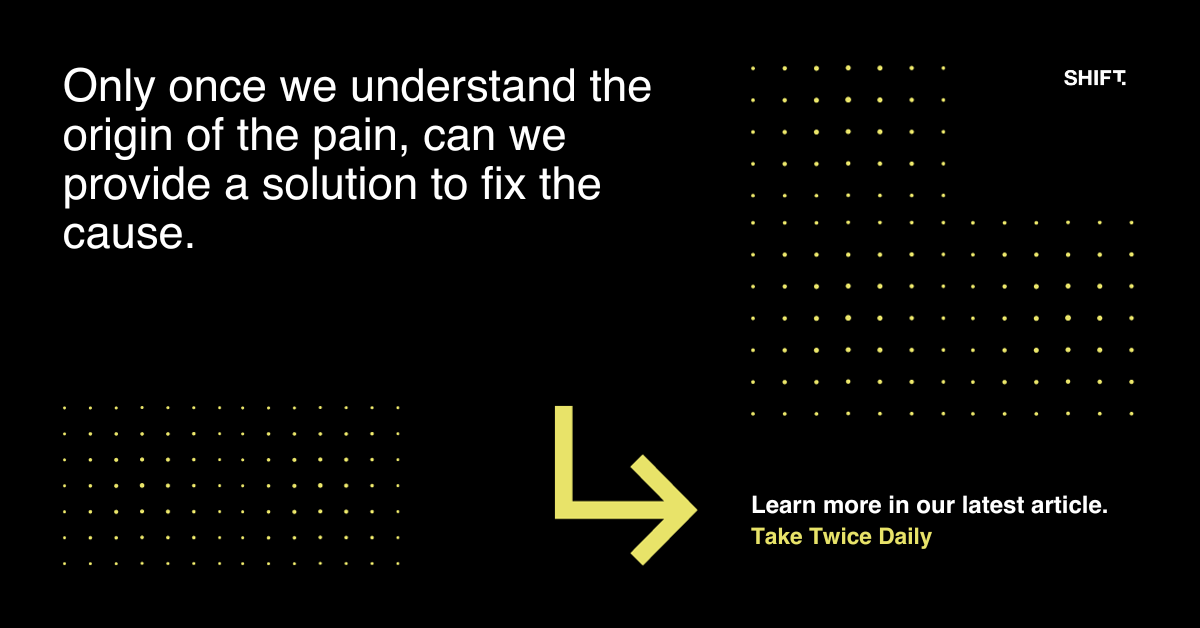In response to my last newsletter, I was asked “How do you know when you have built trust?”
This is such a great question. Thanks David.
Business relationships are like personal relationships. Not necessarily as intimate, although sometimes they can be…
The dance to build trust, to build respect, to know each other better is still the same type of dance. Perhaps the only difference is the outcome.
In a personal relationship, the outcome is to spend more quality time with the other person and perhaps even partner intimately with them.
In business, the outcome is to find a win/win relationship, to help each other to succeed.
So how do you know that you have built trust?
I could simply say that you can feel it when trust is there, and you can definitely feel it when it is not and finish the piece right now.
However, I suspect you might be looking for a deeper insight than just that. So, let’s start with what trust is in a supplier/customer scenario.
It is relying on the other person to have not only their interests met but also yours.
It is about relying on each other to do what you say you are going to do. The relationship transcends price and is more about working with each other for mutually beneficial outcomes.
There is an understanding that we are in this together. You go to each other for solutions, insights and understanding and believe that what is said is honest and open. Each interaction reinforces both parties to want to continue to engage.
These indicators are what I look for to get an idea of how much trust there is in a customer relationship:
1 - Are we the customers' source of truth? In other words do they come to only us with their problems for us to help solve.
2 - Can I pick up the phone knowing that the customer will always give me the time to discuss or meet with them.
3 - Are we getting all of their business in our core offering?
4 - Do they only ask for pricing support when they need help to win work or break into new areas of business.
5 - Are they using core and extended services we offer, providing those services are relevant to their business – online support, digital services, key service offerings.
6 - Do they stick with us even when they are getting offers from other companies, telling themselves that they are getting greater value by partnering with us.
7 - Do they rarely query a price on an invoice after they have bought the product.
You will have others that you think of, no doubt, to add to the list.
It is a trait of many salespeople to over-emphasise the strength of their customer relationships.
To admit anything to the contrary would be discounting their own abilities.
In one interaction with a salesperson, I got frustrated after they told me the sale was in the bag cos’ they had a great relationship. As I anticipated, a week or two later we lost the sale.
From this I put together a Customer Health Check that the salesperson had to fill in on their key customers which was then challenged by their sales manager.
This had a weighted score out of 100, whereby if the customer scored less than 80 then we were at risk of losing this customer at some stage.
There were a series of questions that they had to answer based on the options from the scale below.
1 - Never, 2 - Rarely, 3 - Sometimes, 4 - All of the time
Some of the questions were:
1 - How often do we introduce our broader team to their broader team (build broader and deeper relationships other than just the sales rep)?
2
- How often do we introduce and reinforce value added services?
3 - How often do we share stories and case studies that would be beneficial for them to know?
4 - How often are we meeting with them with purpose (understanding their business and bringing solutions to them)?
I have a full free copy of this health check on my website in the insights section https://www.shiftperspectives.com.au/knowledge-base.
The customer health check was a way of knowing how much trust we had built into a relationship, and where we had to concentrate our efforts if further trust was needed.
It was a real eye opener for the sales teams.
One last word on trust: Once you’ve built it you then have to continually reinforce it.
If you have any questions you would like to see answered in the RelationSHIFT newsletter, feel free to send in your questions.
And if you're yet to subscribe, you can do so below 👇
